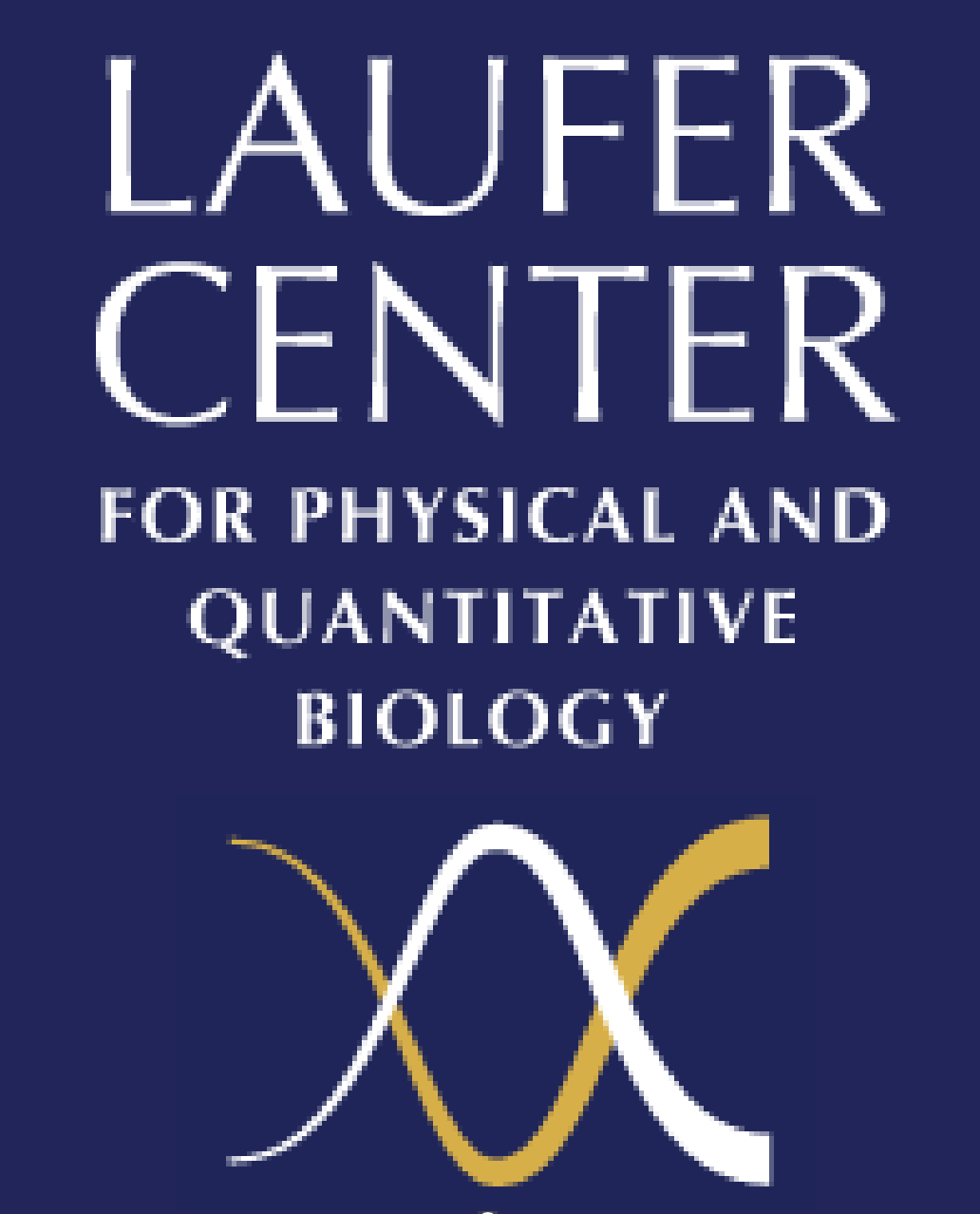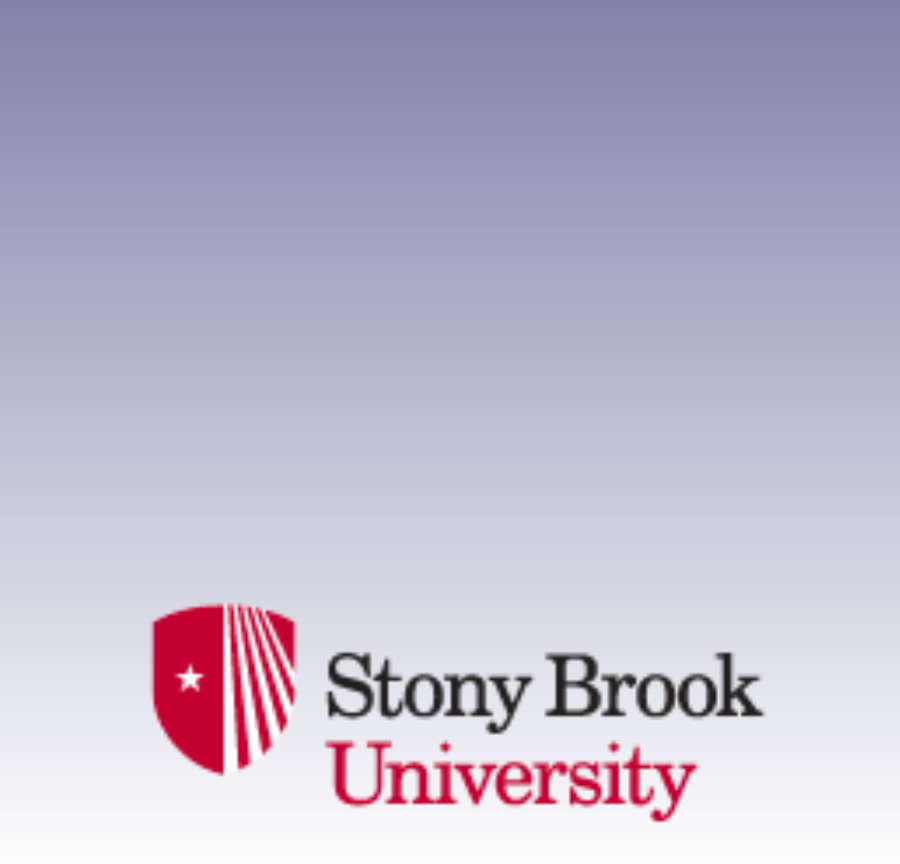Events Calendar
Dan Landau
Friday, April 29, 2016, 02:30pm - 03:30pm
Hits : 2851
Contact Host: Sasha Levy
Assistant Professor of Medicine,
Division of Hematology and Medical Oncology,
Department of Medicine &
Department of Physiology and Biophysics,
Weill Cornell Medical College.
Core Member, Assistant Investigator
New York Genome Center.
Genetic and Epigenetic Determinants of Chronic Lymphocytic Leukemia Evolution
Cancer progression, relapse and resistance are the result of an evolutionary optimization process. Vast intra-tumoral diversity provides the critical substrate for cancer to evolve and adapt to the selective pressures provided by effective therapy. Thus, understanding intra-tumoral diversity and evolutionary dynamics will be a critical step in the development of effective, curative therapies for cancer.
In order to study these questions, we characterized the intra-tumoral genetic heterogeneity of chronic lymphocytic leukemia (CLL) using massively parallel sequencing of large patient cohorts (Landau et al., Cell, 2013; Nature, 2015). These studies have shown that CLLs contain genetically distinct subpopulations that compete and mold the genetic makeup of the malignancy. Furthermore, we have demonstrated that this heterogeneity can help predict the future evolutionary trajectories of CLL, and that higher intra-tumoral heterogeneity in the pre-treatment sample predicts adverse outcome.
Ongoing efforts are dedicated to studying the quantitative evolutionary dynamics that enable the relapse clone to replace the pre-treatment clone. Using deep sequencing with high temporal resolution we determine the therapy specific clonal fitness with first line chemoimmunotherapy and targeted therapy (Nature Communications, accepted for publication). These investigations offer a novel framework for the study of the evolutionary dynamics that underlie disease relapse, directly in patients.
Additionally, in order to comprehensively study cancer evolution, we developed tools to study intra-tumoral epigenetic heterogeneity, as epigenetic somatic changes are heritable and impact the cellular fitness that is selected in the evolutionary process (Landau et al., Cancer Cell, 2014). With these tools, we uncovered a central feature of the cancer epigenome: massive stochastic disorder in methylation patterns. We have further shown that this stochastic disorder impacts transcription, evolution and clinical outcome. Thus, methylation changes in cancer may be similar to the process of genetic diversification, in which stochastic trial and error leads to rare fitness enhancing events.
Collectively, these studies demonstrate the tremendous degree of intra-tumoral diversity that fuels cancer evolution, and highlight the need to integrate intra-tumoral heterogeneity in the development of the next generation of cancer therapeutics.
Location Laufer Center Lecture Hall 101


